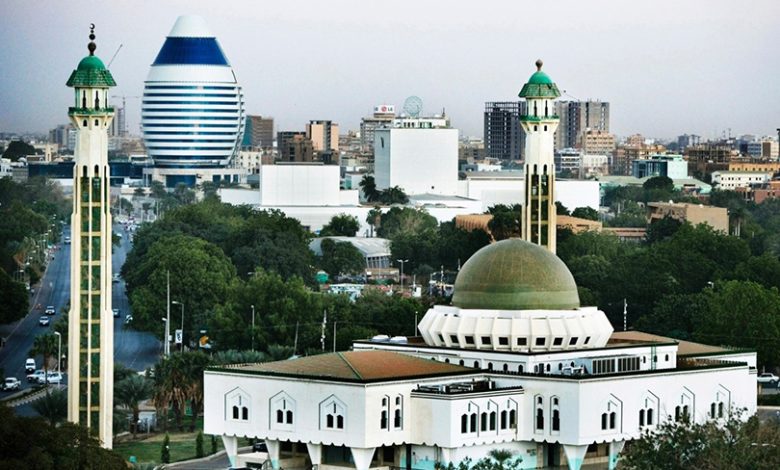Sudan’s Independence Versus Resources Exploitation

Report by Nahid Oshi
Today, Tuesday, December 19, marks the 68th anniversary of the declaration of Sudan’s independence from within Parliament. In 1955, the House of Representatives met in session No. (43) and the independence of Sudan was declared. The Sudanese now have the right to exploit the country’s rich resources, which are full of all good things. However, the wars exhausted Sudan’s economy, including the latest war that has now entered its ninth months.
Economic expert Kamal Karar spoke about the deterioration of the economy and the impact of the war on all sectors. He said in statements to Sudan Events that it was unfortunate that, 68 years after the Sudanese willfully united and they declared independence from within Parliament, this will is dispersed due to fights and diffeendces over power and wealth, and this time through war.
Unfortunately, it is a proxy war. Many external parties wish to erase Sudan from the world map, and their interests are aligned with the continuation of the war.
Economic decline:
He added that the war is now killing civilians, the economy has gone back decades, and this state of statelessness is negatively affecting all sectors.
It is important for all honest national forces to look into what was happening for the homeland to rise above war and political rivalries, and for the ceasefire to be based on Sudanese will, so that the homeland is not lost, forever.
Rich resources:
Kamal said that it is ironic that Sudan, which is rich in resources, is at the forefront of poor countries. This clearly indicates the fact that a few people controlled most of the gross national product, as there is no justice in dividing wealth, and the regimes that ruled were managing the economy for the benefit of a group that became rich while the majority fell into poverty.
It is important to change this equation after stopping the war and stabilizing the nation through an economic development plan whose priority will be the citizens and citizenship, focusing on eliminating poverty, exploiting resources for development in poor areas, providing basic services, and rehabilitating the productive sectors, particularly agriculture and livestock according to plans implemented by a national civil authority for the benefit of all the people
Exports decline:
Stressing that the war has devastating consequences for the economy, he said that inflation has widespread, the pound has lost 60% of its pre-war value, exports have declined by about 50%, and the winter season is now a failure due to the war and lack of financing.
Exploitation of resources:
While Professor Ibrahim Onour, professor of Economics and Finance at the University of Khartoum, said:
The political instability that has plagued the Sudanese state since independence is the primary reason for the deterioration of the security and economic conditions and has become the greatest threat to the survival of the Sudanese state because Sudan, during its entire life after independence, did not settle on a system of governance agreed upon among its political components, and therefore it began to revolve in a vicious circle between dictatorial military regimes on the one hand and fragile and weak civil regimes that are not qualified to continue for long periods.
Exploiting resources in a proper manner in light of war requires the presence of a competent, non-politicized executive whose primary goal is to manage the economy within the framework of a war economy by developing a series of interconnected short-term plans with the aim of controlling state expenditures and revenues, taking into account the challenges and restrictions of war. He said this is what is known in economics as the war economy, pointing out that managing the war economy requires declaring an emergency law, which was supposed to be announced since the beginning of the war.



